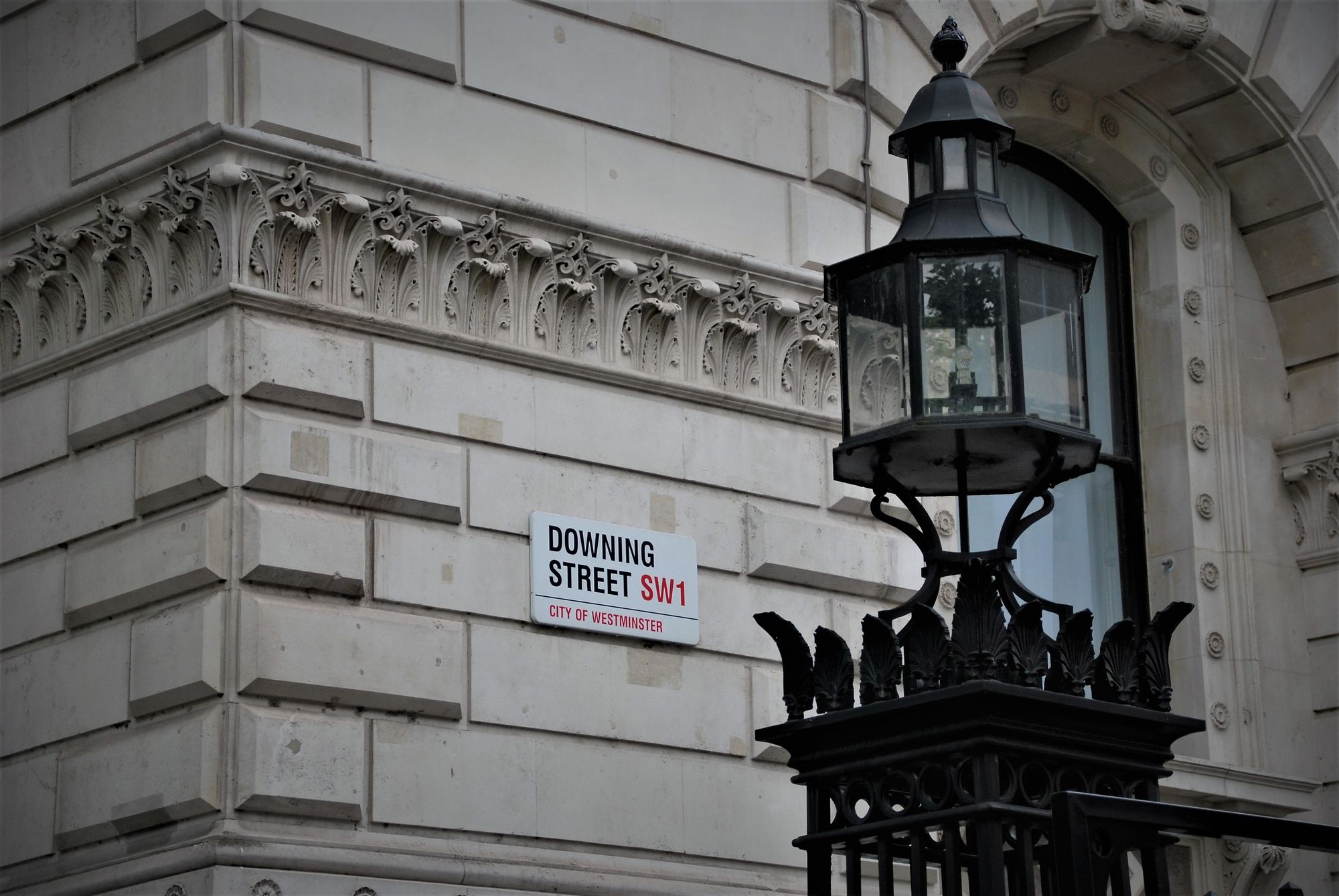Renters’ Reform Bill

At the time of writing, the long-awaited Renter's Reform Bill is poised to be debated in Parliament and with up to 30 back-bench rebels considering an opposing vote, citing the damage these reforms may have on the UK landlord sector, it's proving to be a very contentious subject. With some MPs expressing that this Bill is tantamount to socialism, insinuating that the state is eroding the asset base of their constituent middle class, it's a heated issue that's stirred up enough back-and-forth discord to justify a closer look. Therefore, in this week's blog, we will have a look at the proposed changes in more detail, the impact that they may have, and the possible knock-on effects that these changes may have on home builders and housing targets.
The Renters' Reform Bill is a proposed legislation that aims to improve the rights of private renters in England. The Bill includes several measures, such as scrapping Section 21 "no-fault" evictions, introducing a landlord register, and giving tenants more power to challenge poor practices. These are all voter-friendly and much-needed policies to protect an ever-growing demographic. The number of households renting in the UK has doubled in 20 years to almost 20% of the UK population and rising, so significant changes must be made to cater for that growth. Furthermore, in a fairer, more modern society, a tenancy can no longer be viewed as a transient state on route to ownership, so longer-term protections need to be in place. That all sounds great, so what's the issue? Unfortunately, as we see repeatedly, a dichotomy of interests is at play.
Rewinding ten years, reforms were brought in to encourage swathes of the middle classes to become private-sector landlords. These reforms gave investors sovereignty over their future at a time when the reliability of the pension system was being called into question & final salary pensions began to be consigned to the history books. An entire industry sprung up around them, catering for the financing, and suddenly middle England woke up to the fact that they could use the cheap debt to buy assets sustained via the very income streams they threw off, and the bonanza began.
Fast forward to the present day, 70,000 buy-to-let landlords have exited the market in the previous 24 months, with over 116,000 buy-to-let properties disappearing, according to data compiled by UHY Hacker Young Chartered Accountants - significantly bidding up rents nationwide and accelerating the ongoing housing crisis. Some businesses are moving to Airbnb and short-term lets to escape regulation, and some are exiting the market in the face of years of unfavourable tax changes, surcharges on Stamp Duty, lack of refinancing options, and spiralling costs. Being a landlord is not - and will never be passive income, but as an investment, it does have to have more attractive qualities than negative. Unfortunately, and frustratingly for the government, the figures show the numbers moving in the wrong direction.
The primary concern with the proposed Bill is that it could make things worse short term for prospective renters as well, as an exodus of smaller landlords from the rental market will significantly impact rents themselves. iNews recently reported that the Hamptons Letting Agent Survey showed that the average monthly rental outside of London has finally crept over £1000, a significant milestone in demonstrating how fast prices are rising. However, there is also a more concerning factor at play here, if the rental sector is due to expand significantly over the next ten years, and smaller businesses and individuals are giving up their assets, who are they giving them up to? Large corporations don't have a great history when it comes to looking after their end-users; if that is the future path we go down with rental housing stock, swapping out the middle classes for the PLCs, it's almost inevitable that won't end with a fairer deal for the consumer, since when has that ever been the case?
One argument strongly made by the rebel MPs is the best way to bring rent down is to build more homes and make it easier for people to get on the housing ladder, which is where our interests conveniently convene with this opposing narrative. However, potentially damaging one sector to help another seems conflicting; the property development market needs support and reform on all levels, and we can see a value in that on both a personal and broader level.
It's tough to have an opinion on these polarising subjects without seeming like the worse kind of hard-bitten capitalist; protecting the best interests of 20% of the country is paramount here; if you type "Renters Reform Bill" into Google Bard (other forms of AI are available) with some simple prompts, you get "a significant piece of legislation that has the potential to improve the lives of millions of private renters in England. The Bill is long overdue and a welcome step towards a fairer and more secure private rented sector." That statement is entirely correct, and one imagines the broader public view, but we are also inclined to some deeper thinking here; under the surface, perhaps the best way to protect renters is to help our sector build more homes.
Our Development Finance clients can benefit from facilities up to 70% LTGDV (Up to 85% LTC) from 5.30% plus the cost of borrowing.
For a full criteria breakdown, please email us at borrowing@investandfund.com or call us on 01424 717564.